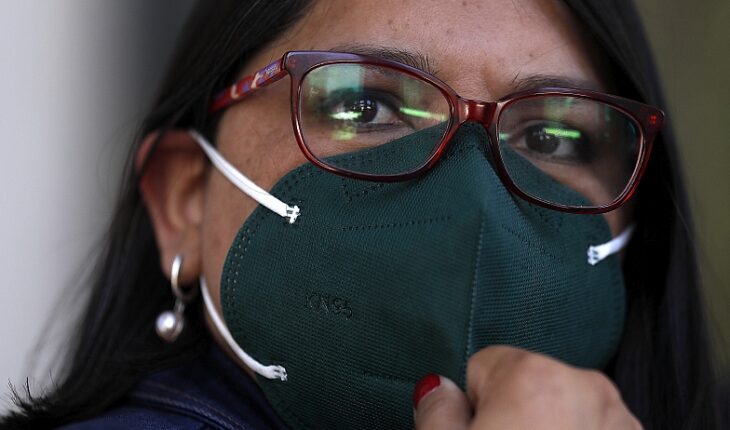A proposal for a constitutional norm, with a clear condemnation of terrorism where those responsible are disqualified from certain positions and jobs, is what was presented by the conventional Ruth Hurtado and Eduardo Cretton, both representatives of La Araucanía, with the support of 14 other Constituents from all over the country. The norm also establishes that “the State has the must make reparation to the victims of terrorism through its different institutions”, this in order to be able to support those who have been victims of terrorism. Along the same lines, Ruth Hurtado said that “the victims -unfortunately- are abandoned in La Araucanía. Curiously, for them there are no human rights. Terrorism is growing and these crimes are becoming more intense, where there is no longer any respect for people’s lives. They are willing to do anything.” Hurtado added that “for the Region to move forward we need peace and security, so we hope that our colleagues will work on this initiative in favor of the inhabitants of La Araucanía and Biobío, who suffer day by day from terrorism and its consequences.” For his part, Eduardo Cretton said that “the proposed rule also includes the duty of the State to give protection and reparation to the victims of terrorism, so that we begin to put aside the feeling of abandonment with which people live in Arauco and Araucanía.” Cretton added, “This was a campaign commitment from both Ruth and myself. Let us hope that our colleagues will now accept this proposal, because the main function of a constitution is to ensure peace and security.” The textual proposal of the conventions says: “Terrorism, in any of its forms, is essentially contrary to Human Rights.A law approved by the absolute majority of the deputies and senators in office will determine terrorist behavior and its penalty. Those responsible for these crimes will be disqualified for a period of fifteen years to exercise public functions or positions, whether or not they are popularly elected; to be rector or director of an educational establishment or to exercise teaching functions there; to operate a means of social communication or to be a director or administrator thereof, or to perform functions related to the broadcast or dissemination of opinions or information; nor may he be a leader of political or educational organizations or of a neighborhood, professional, business, union, student or trade union organization in general, during that period. The foregoing is without prejudice to other disabilities or those that for a longer time established by law. The crimes referred to in the previous paragraph will always be considered common and not political for all legal purposes and will not proceed with respect to them the private pardon or amnesty. The State has a duty to make reparations to the victims of terrorism through its various institutions.”
Proposal for a constitutional norm for the condemnation of terrorism is presented
December 28, 2021 |





